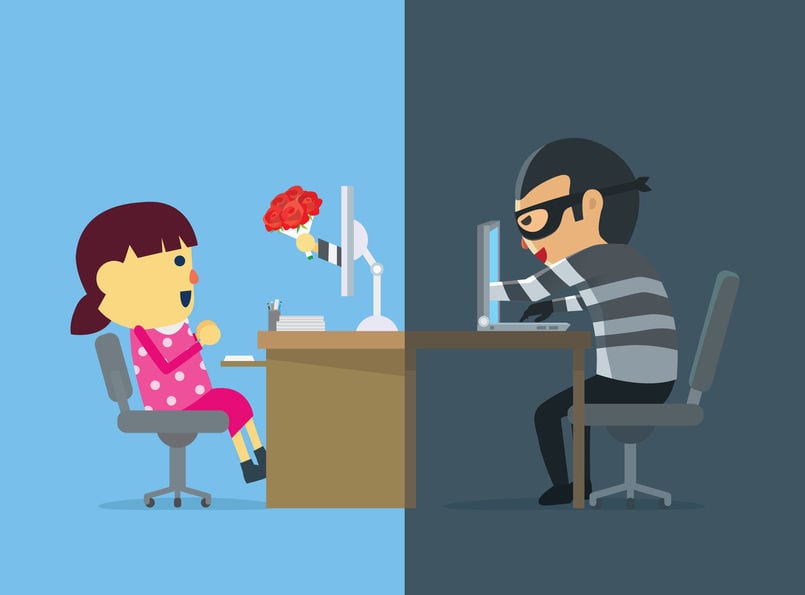Cyber Crime Is on the Rise in Britain
According to BBC News, a great number of UK residents lost money as a result of cyber scams via their social media and email accounts. More details in the article below.

UK Cyber Crime Victims Lose £190,000 a Day
UK Cyber Crime Victims Lose £190,000 a Day
Internet users in the UK have fallen victims to the hacking of social media and email accounts. 13,357 people reported cyber crimes over a period of six months where £34.6 million were stolen. Cybercriminals have hacked into the social and email accounts of more than 5,000 of these people. This was to profit off of their personal details. Police National Coordinator for Economic Crime, Commander Karen Baxter, also mentioned that it could leave victims “at risk of identity theft“.
According to authorities, a huge scam causing people to lose money to online hackers in the UK has been in the forms of emails containing “convincing” TV license information. Action Fraud reported a TV license email scam that led to more than 5,000 complaints over a period of three months. The email asks its receivers to provide them with all of their bank credentials to pay for TV services. Emails with headlines like “correct your licensing information” leads users to a fake TV licensing website, resulting in robbery.
Victims’ Experiences
Jerry Tack didn’t suspect anything unnatural when he received an email that says his TV license needed paying. What seemed like a casual transaction, turned out to be “a particularly nasty fraud”. Entering his bank details on the fake website cost him £9,900. To Jerry’s disappointment, the bank cannot compensate clients who have authorized payments to fraudsters, even if it was by mistake.
Experts’ Advice
Action Fraud- the reporting center for people who experience cybercrime in England- warned people to keep separate passwords for their online accounts. Internet users also need to learn how they can avoid credit card theft when shopping online. Additionally, they need to be made aware of phishing attacks and how they can protect themselves against them.
Commander Karen Baxter advised people to “keep a strong, separate password for their email accounts.” She continued to elaborate: “Always be suspicious of unsolicited requests for your personal or financial information and never call numbers or follow links in unsolicited texts or emails.”
Final Words- Tips for Online Security
Have a look at the online safety tips below to protect yourself against all kinds of online threats
- Don’t respond to emails that link you to an unknown site.
- Keep in mind that your bank never asks for your personal info through any medium.
- Check the source of the email you wish to contact.
- Make use of reliable antivirus software with multiple protection covers.
- Keep track of your online accounts once every 10 to 15 days.
- Never reveal personal info to even eCommerce sites.
- Use a VPN for truly secure browsing and data protection through encryption.





